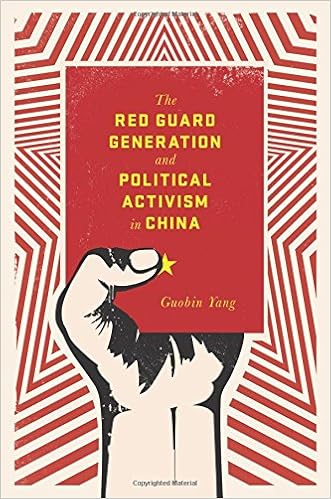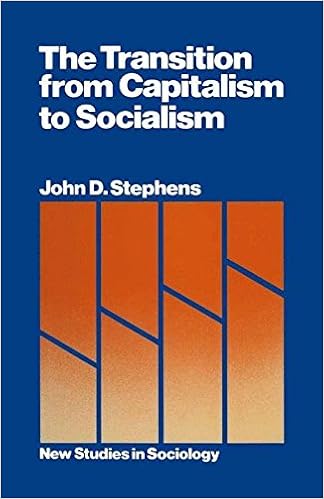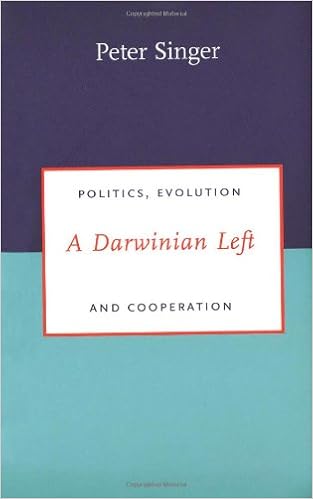
By Guobin Yang
Raised to be "flowers of the nation," the 1st iteration born after the founding of the People's Republic of China used to be united in its political outlook and in the beginning embraced the Cultural Revolution of 1966, yet then cut up into warring factions. Investigating the explanations of this fracture, Guobin Yang argues that chinese language formative years engaged in an imaginary revolution from 1966 to 1968, enacting a political mythology that inspired violence which will turn out one's innovative credentials. This related aggressive dynamic might later flip the pink protect opposed to the communist government.
Throughout the Nineteen Seventies, the vast majority of purple defend early life have been despatched to paintings in rural villages, the place they built an appreciation for the values of standard lifestyles. From this adventure, an underground cultural circulation used to be born. Rejecting idolatry, those relocated revolutionaries constructed a brand new type of resistance that signaled a brand new period of enlightenment, culminating within the Democracy Wall move of the overdue Seventies and the Tiananmen protest of 1989. Yang's ultimate bankruptcy at the politics of historical past and reminiscence argues that modern thoughts of the Cultural Revolution are factionalized alongside those strains of political department, shaped fifty years sooner than.
Read or Download The Red Guard Generation and Political Activism in China (Studies of the Weatherhead East Asian Institute, Columbia University) PDF
Similar Communism Socialism books
Modernism and British Socialism
Thomas Linehan bargains a clean viewpoint on past due Victorian and Edwardian socialism via reading the socialist revival of those years from the viewpoint of modernism. In so doing, he explores the modernist undertaking as extending past the worries of the literary and inventive avant-garde to include political and social hobbies.
A Darwinian Left: Politics, Evolution, and Cooperation
During this ground-breaking ebook, a popular bioethicist argues that the political left needs to noticeably revise its superseded view of human nature. He indicates how the insights of contemporary evolutionary conception, quite at the evolution of cooperation, may also help the left reach its social and political objectives. Singer explains why the left initially rejected Darwinian suggestion and why those purposes aren't any longer manageable.
Extra resources for The Red Guard Generation and Political Activism in China (Studies of the Weatherhead East Asian Institute, Columbia University)



